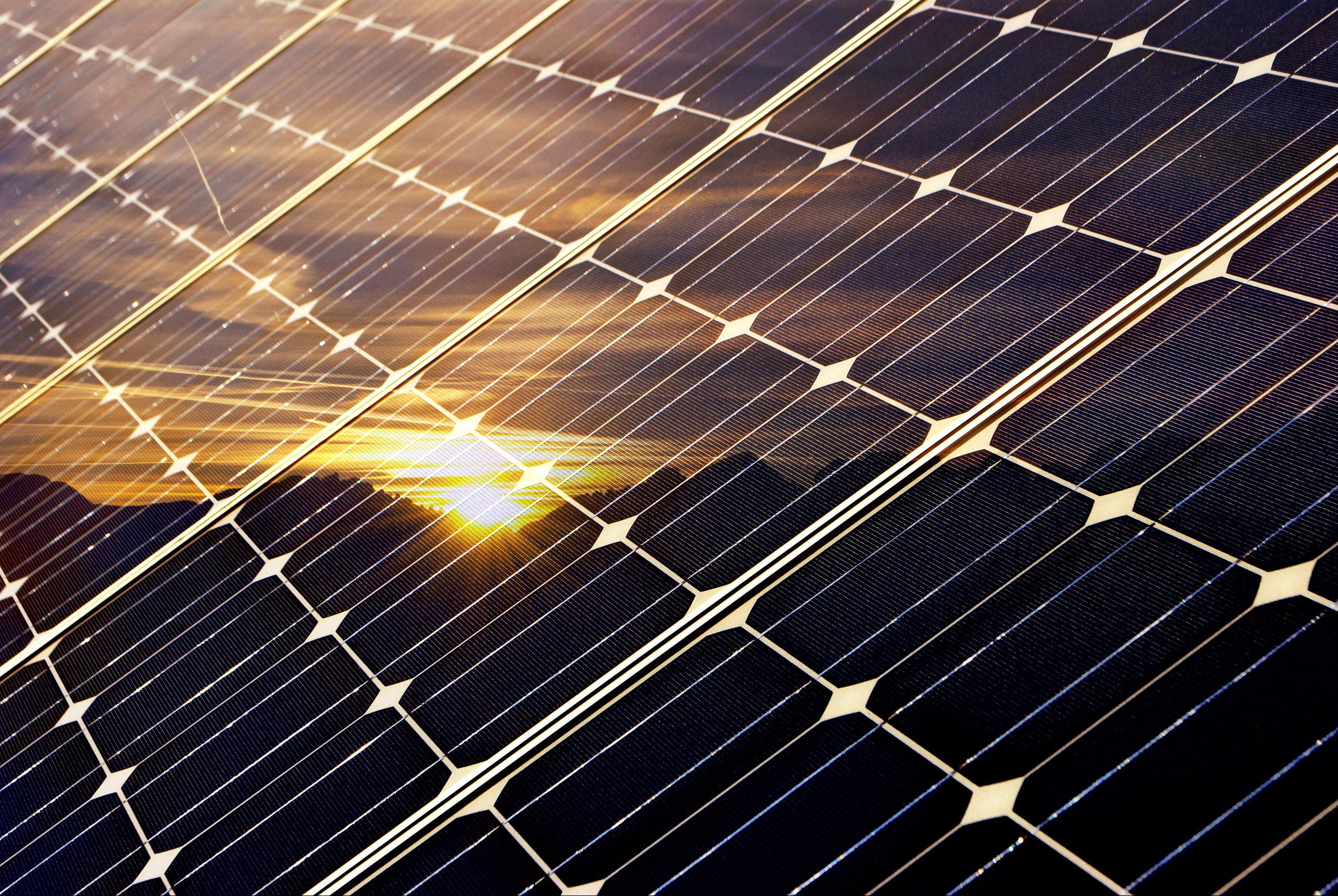FREQUENTLY ASKED QUESTIONS
What type of government incentives exist for solar?
Both the federal government and numerous states offer incentive programs for solar. At the federal level, tax credits lower the overall cost of purchasing a solar system. The federal investment tax credit (ITC) for commercial installations is 30% in 2025, with potential adders in certain regions that can increase the credit up to 50%. This level of tax credit is expected to continue until 2032.
At the state level, the quality of programs varies significantly. Luckily, many states have invested in growing renewable energy and have allocated money to do so. If you reach out to us for an initial discussion, we can bring you the latest information on the programs relevant to you in your state.
With our knowledge of the industry, we can recommend the optimal solar solution for you based on your location and financial situation.
How long will it take to install my solar system?
Solar system installation typically takes 3-5 months from start to finish depending on the local utility and permitting regulations. In general, this range is adjusted based on the size of your system and your utility company. Once you are ready to move forward, we provide a detailed schedule and handle every aspect of the process for you.
Will my solar panels still produce energy on a cloudy day?
Yes, solar panels produce energy on cloudy days. However, your solar array will produce less energy on a cloudy day than it will a clear, sunny day. Energy production is also influenced by other factors such as temperature, latitude, and humidity.
Our modeling accounts for these factors when developing your system, considering the average weather patterns at your specific location using precise data. After your solar system is installed, real-time monitoring tracks system production to ensure everything is working properly and producing electricity as expected.
Will solar panels boost my property value?
The installation of a solar system can increase in your property value. According to research by the National Renewable Energy Laboratory (NREL), your property value increases $20 for every $1 reduction in annual utility bills. This means if your solar energy system saves you $200 per year, it adds $4,000 back to the value of your property.
This aspect of your installation delivers the following benefits:
Higher property resale value
Positive annual net cash flow from a higher mortgage payment offset by lower utility bills
Contribution as environmental stewards
Substantial tax credits for new buyers
Are solar panels expensive to maintain?
No, ongoing maintenance costs for solar systems are low. This is especially true for fixed systems with no moving parts. In most cases, periodical cleaning to remove dirt and debris is all that is required to ensure maximum output.
What are the next steps for solar system installation?
Reach out to Jordan Energy today if you’re ready for an initial discussion about solar system installation. Whether it’s for your home, business, or community, we’ll use our knowledge of the industry to recommend a solar solution for you.
What solar equipment is considered the best?
There are many options when it comes to solar equipment. For major components like modules (panels), inverters, and racking, there are many reputable equipment providers. A good analogy for the solar industry is television manufacturers. We all know brands like LG, Sony, Vizio and Samsung - and the picture is similar for the most part. Quality solar equipment is comparable in the same way. Just as you would not buy a television from a manufacturer that you had never heard of, Jordan Energy only uses reputable Tier 1 equipment providers.
The quality of solar equipment has improved drastically over the last decade and improvements continue. Our process will help you find the equipment that delivers the best value for your specific site.
Is a solar panel considered a hazardous material?
No, solar panels are not considered hazardous materials.
Are there special permits needed to install the field?
This depends on the jurisdiction. As the solar developer, Jordan Energy follows the direction of the "Jurisdiction Having Authority" - typically local town planning boards and zoning boards of appeal. If wetlands are in the general area of the solar project, it may also be necessary to comply with state level wetlands and stormwater regulations. Jordan Energy is familiar and experienced with the permitting process required for installation.
What kind of land can the solar field be installed on - is peat ground or rocky ground acceptable?
For agricultural solar, Jordan Energy is a proponent of using marginal farmland as opposed to prime farmland for solar. Projects ultimately collect soil/land samples to determine what strength of steel poles need to be used to responsibly build a solar system. In general peat ground and rocky ground are workable.
How far away are solar projects required to be setbacks from the road or tree line?
Local zoning ordinances determine the answer to this question and they vary by jurisdiction. Typical setback requirements are 50-100 feet. Ensuring there are appropriate setbacks is part of developing a final site plan and securing the necessary permits.



